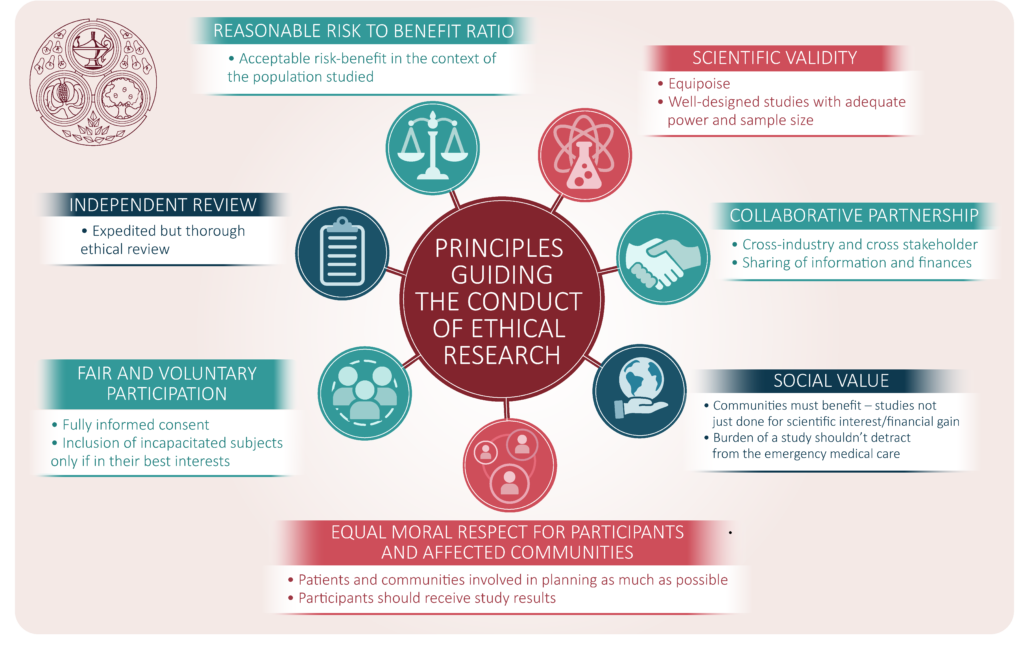The Clinical Research Institute coordinates and conducts a variety of clinical trials, including ones for the following therapeutic areas:
- Cardiovascular diseases
- Dermatology
- Devices
- Endocrinology
- Genetic diseases
- Gastroenterology
- Healthy volunteers
- Hepatology (liver, pancreas and gall bladder)
- Infections and infectious diseases
- Trauma (emergency, injury and surgery)
- Internal medicine
- Nephrology
- Neurology
- Nutrition and weight loss
- Orthopedics and orthopedic surgery
- Pulmonary and respiratory diseases
- Sleep
Vaccines In a clinical trial, participants receive specific interventions according to the research plan or protocol created by the investigators. These interventions may be medical products, such as drugs or devices; procedures; or changes to participants’ behavior, such as diet. Trials may compare a new medical approach to a standard one that is already available, to a placebo that contains no active ingredients or to no intervention. When a new product or approach is being studied, it is not usually known whether it will be helpful, harmful or no different than available alternatives (including no intervention). The investigators try to determine the safety and effectiveness of the intervention by measuring certain outcomes in the participants.


